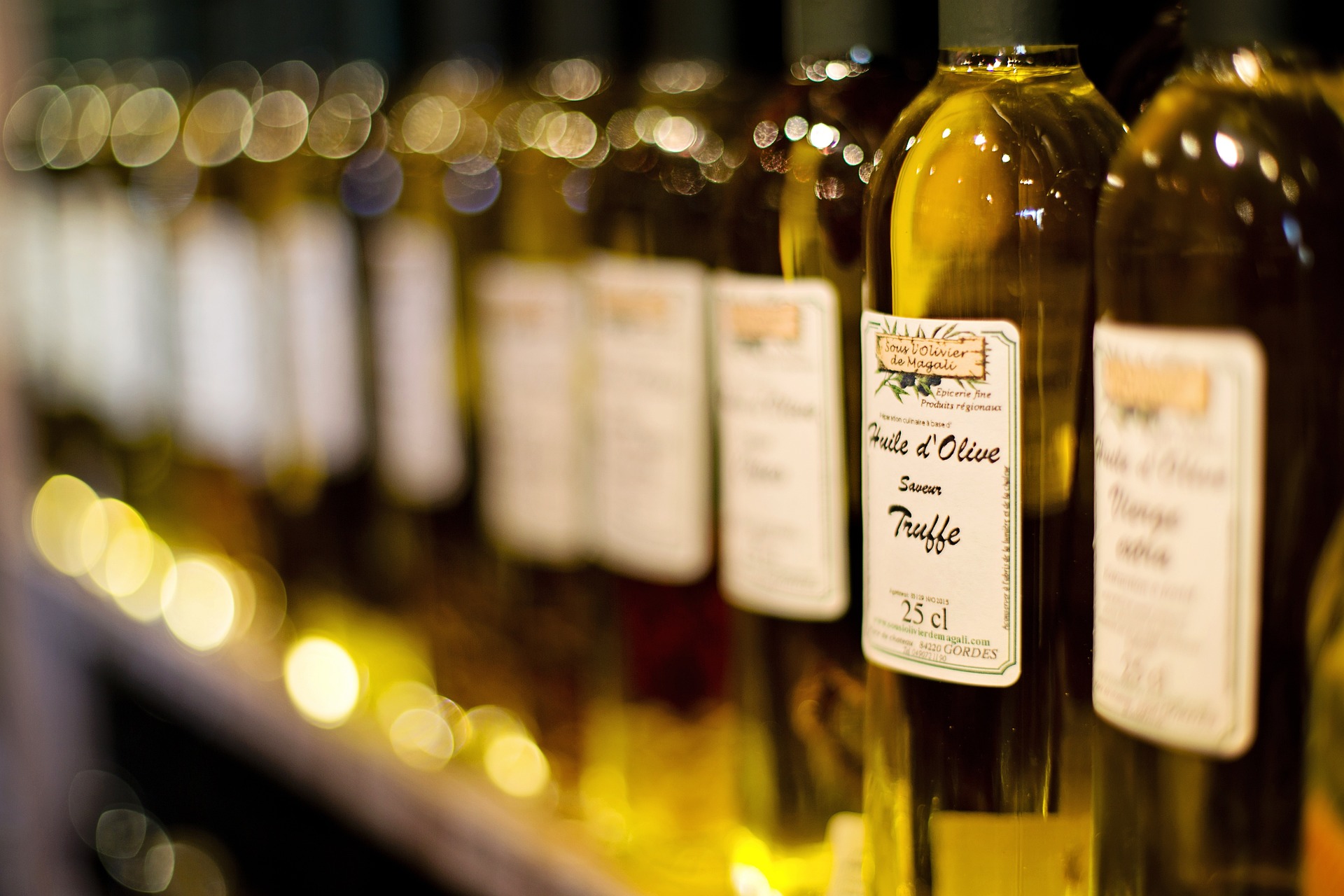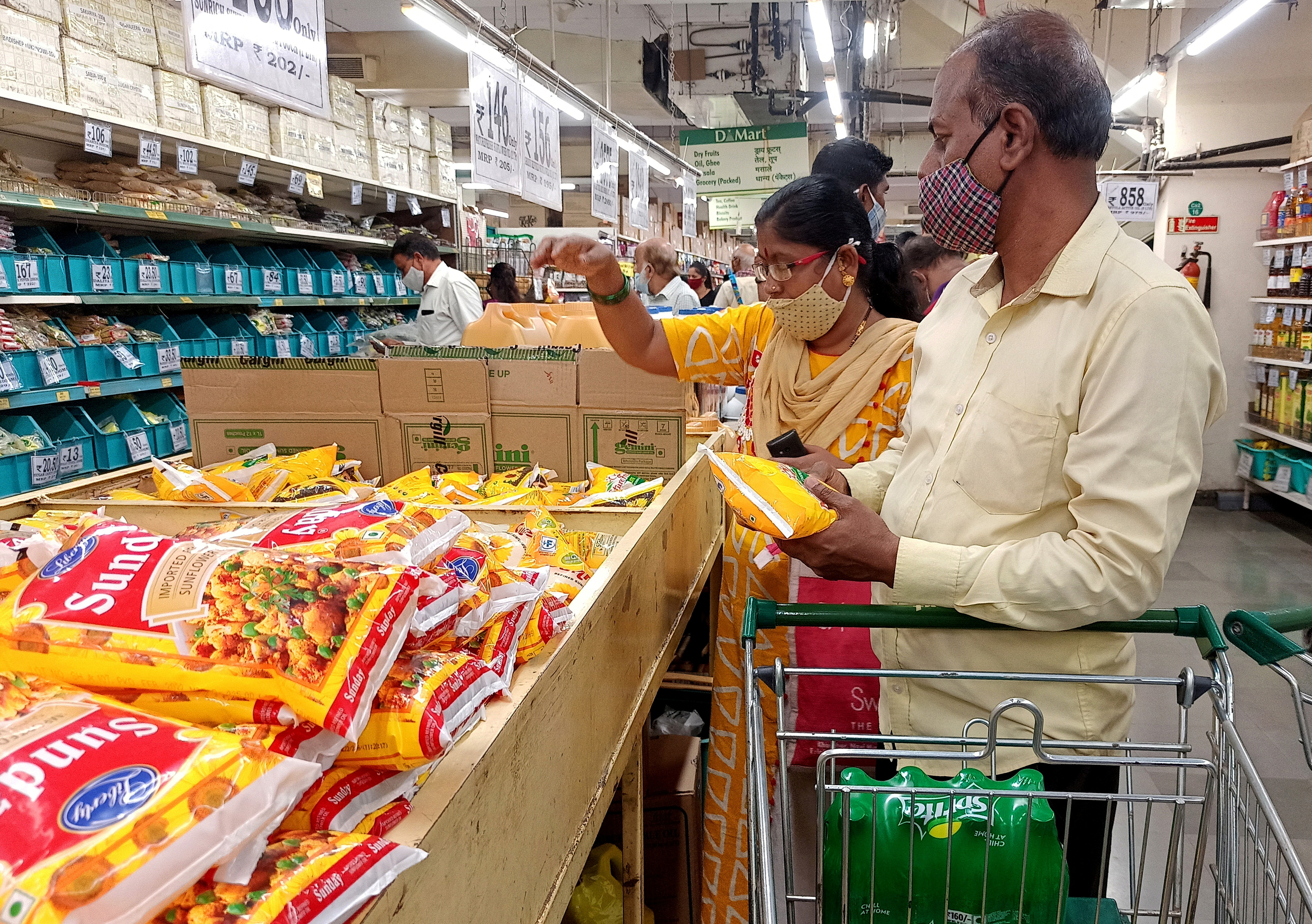Government Maintains Unlikelihood of Edible Oil Import Tariff Increase 2023

Government Maintains Unlikelihood of Edible Oil Import Tariff Increase 2023
In a move that has grabbed attention from various quarters, including the agri-business community, consumer advocacy groups, and policymakers, the government has signaled that it is unlikely to raise import tariffs on edible oils in the near future.
This decision comes amidst the rising international prices of edible oils like soybean, palm, and sunflower oil, and it aims to address issues of food inflation and supply-chain disruption. This article examines the reasons behind this decision, its implications on different stakeholders, and the debate surrounding it.

The edible oil industry plays a critical role in any economy, serving as a cornerstone for food security and industrial applications. In most countries, including the one in focus, the edible oil market is a mix of domestic production and imports. In recent years, fluctuating global prices and climate uncertainties have posed challenges to the edible oil supply chain. Traditionally, the government could manipulate import tariffs to balance local industry interests with consumer prices.
Despite the rapid decline in local pricing and low-cost imports, the government is unlikely to increase the import tariffs on refined edible oils, according to official sources. This is due to the fact that it now gives reducing inflation primary priority. The domestic industry has urged the government to widen the gap between crude and refined palm oils in order to prevent “dumping” by exporters in Malaysia and Indonesia as a result of the sharp increase in imports of edible oils, including palm, soyabean, and sunflower.

The government has been requested to widen the difference between the effective import duties on crude and refined edible oils by the Solvent Extractors Association of India (SEA). Currently, there is a 5.5% effective import charge on crude oil and a 13.75% effective import duty on refined oil.Oil and fats inflation dropped by 15.28% in August 2023 and has been in negative territory since February of this year.
In September 2022, the government reduced import taxes on crude soybean, palm, and sunflower oils. The concessional tariffs on edible oils were extended until March 31, 2024, in December 2022.
India imports the majority of its 25 MT annual oil needs—or around 56%—in the form of crude. Crude oil accounts for 75% and refined oil for 25% of the total 14 MT of edible imports per year, respectively.
In terms of domestic edible oils, mustard accounts for 40%, soyabeans for 24%, groundnuts for 7%, and other oils.
The three main types of edible oil imported each year are palm oil (8–8.5 MT), soyabean oil (2.7 MT), and sunflower oil (2 MT). Soybean and sunflower oils are mostly imported from Argentina and Ukraine, while palm oil is primarily imported from Malaysia and Indonesia.
Raising tariffs would increase the cost of imports, causing an immediate surge in retail prices. With global prices already on the rise, this could further aggravate food inflation.

Edible oils are staple items used in every household. Any price hike could disproportionately affect lower-income families, raising concerns of food security.
A reduced import bill due to lower tariffs could benefit the nation’s balance of payments, albeit marginally.Keeping tariffs stable could also be a diplomatic move, ensuring smooth trade relations with exporting countries.
The COVID-19 pandemic has exposed the vulnerabilities in global supply chains. By not raising tariffs, the government might be looking to keep the supply chain disruption to a minimum.
Local producers, particularly farmers who cultivate oilseeds, are bound to feel the heat of this decision. Their competitiveness may decrease if cheaper imported oils flood the market. However, the government might consider direct subsidy schemes or minimum support prices to compensate.
From a consumer standpoint, the decision is likely to be welcomed as it avoids additional price hikes and ensures the availability of essential cooking oils.
Businesses involved in the import of edible oils will likely view this as a favorable decision, as it removes the risk of cost escalation in the short term.
The decision not to increase import tariffs on edible oils is not without controversy. Advocates of local agribusiness argue that this could dampen the spirit of domestic production, thereby making the country more dependent on foreign supplies. Others insist that safeguarding consumer interests and ensuring food security should be the paramount considerations.

The government’s reluctance to increase import tariffs on edible oils is a multi-faceted decision with both merits and drawbacks. While it aligns with consumer interests and economic pragmatism in the face of rising global prices and supply chain concerns, it poses challenges for domestic producers.
As always, the effectiveness of this policy will depend on the government’s ability to strike a delicate balance between these conflicting interests and the mitigative measures it employs to cushion any adverse impacts.
)
For now, this decision seems to be a calculated risk, aiming to alleviate immediate concerns about food inflation and supply availability, albeit with implications that will continue to be a subject of debate and scrutiny.



